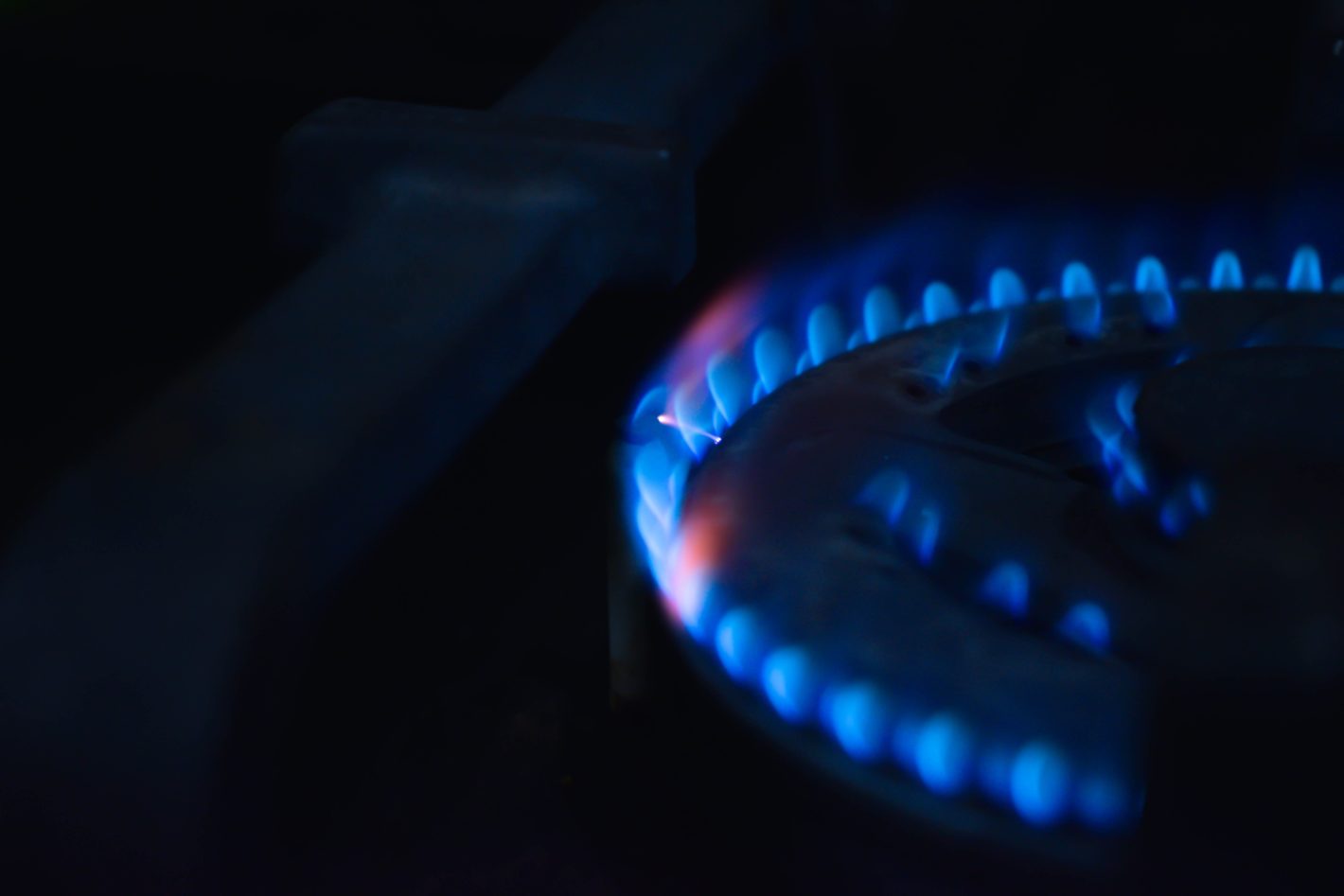If you own a business or live in an apartment, you are probably concerned about the safety of your belongings. One way to do this is to buy an LPG leakage detector. These detectors can help you identify a leak in your gas line and help you fix it before anything bad happens. Below are 10 things to remember when buying a leak detector:
Types Of Lpg Leak Detector
There are a few different types of detectors on the market, so it’s important to know what you’re looking for. These detectors range from handheld models you can take wherever you go to more stationary models on your floor or in your closet.
Here are some of the most common types of LPG leakage detectors and their features:
–Handheld leak detector: These detectors are small enough to fit in your pocket and come with various sensors that can detect different types of leaks. They usually have a limited number of sensors and few bells and whistles, so they’re popular among budget-conscious consumers.
–Portable leak detector: These detectors are similar to handheld models but have a built-in battery and are portable enough to take with you onsite. They usually have more sensors than handheld detectors and offer more features such as temperature monitoring and alarm notifications.
–Stationary leak detector: These devices sit on your floor or in your closet and use infrared radiation to detect leaks. They tend to be more expensive than portable or handheld models because they have more features and are better equipped to handle larger leaks.
–Leak detection camera: This type of device uses cameras to capture images of leaking areas and sends them directly to the receiver inside the device.
How To Choose The Right Lpg Leak Detector
When you are looking to purchase an LPG leakage detector, there are a few things you should keep in mind.
First and foremost, ensure the detector can detect leaks from all types of appliances. This includes both residential and commercial-grade equipment. Secondly, ensure the detector is easy to use and has clear instructions. Many detectors come with on-screen displays that make it easy to read information about your current leak location and severity.
Lastly, be sure to budget appropriately for a quality LPG leakage detector. Not all detectors are created equal, so don’t cheap out on something that could cost you in the long run.
The Best Place To Install An Lpg Leak Detector
If you are in the market for an LPG leakage detector, there are a few things to keep in mind. First, the type of detector you buy is important. You will need to decide whether you want an audible or visual alarm. Second, you must find a compatible detector with your home’s plumbing system. Finally, make sure to choose a detector that has been certified by an accredited organization.
What To Do If You Find A Leak?
If you’re thinking of buying a leakage detector, here are some things to keep in mind:
– First, ensure you understand a leak and how to diagnose it. A leak can be small or large, slow or fast, constant or sporadic. If you don’t know what to look for, your detector won’t help much.
– Second, be prepared to spend money on a good natural gas leak detector. They range from around $50 to $500+, and the more features it has, the more expensive they will be. However, if you know what you’re looking for (including specific types of leaks), the right leak detector should be able to find them regardless of price.
– Third, always use caution when using a leakage detector. If there’s any possibility that the detector could injure someone or damage property, don’t use it!
Conclusion
Buying an LPG leakage detector can be daunting, but with these tips in mind, you’ll be on your way to buying the perfect one for your needs. Pay attention to the important features, and ensure that the detector you’re considering has all the necessary features for your specific situation. Don’t forget to read consumer reviews before purchasing to get a good idea of what other people have thought about this type of detector. Thanks for reading!

